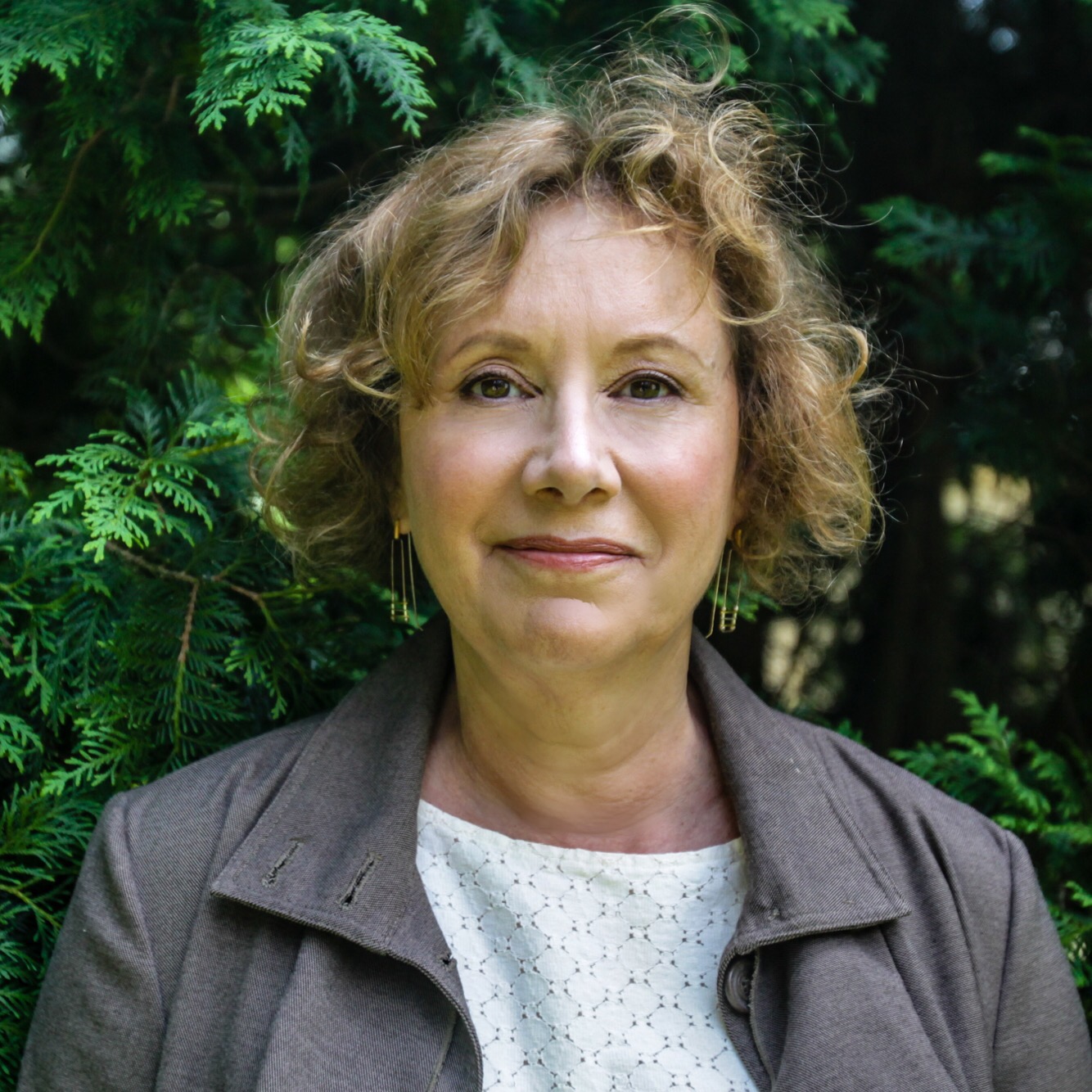A daughter’s dogged pursuit to reclaim a cherished family artifact sparks a journey through time and space in Claudia Long’s riveting new novel, “Nine Tenths of the Law.”

Nine Tenths of the Law
Zara, the protagonist, relocates to New York City from California with her husband Sam on his sabbatical. She anticipates taking full advantage of the culture and shopping New York has to offer and spending time with her sister Lilly who lives in the New York suburbs. However, her real quest is to make peace with her dead mother, Aurora, a Holocaust survivor. Zara is haunted with disturbing images of her mother’s life as a young girl in the midst of a war.
Years ago, when Zara was in her twenties, Aurora took her to the Jewish Studies Museum and purposefully led her to a specific exhibit, a display of Jewish ceremonial artifacts: beautiful menorahs, candlesticks, assorted ritual objects from eastern Europe. Aurora pointed to an unusual menorah studded in turquoise. Quietly, she intimated that this had belonged to her family.
But as a survivor of the Holocaust and a victim of anti-Semitism, Aurora was not one to speak out for herself. She had learned to keep a low profile, to stay in the shadows. As Zara tried to probe further, Aurora ended the conversation and the subject was dropped.
Now, four years after Aurora’s death, Zara tells her sister Lilly about this interaction at the museum. She senses that her mother is speaking to her from the grave, imploring her to get back what is rightfully theirs. Thus begins a journey to find out what happened and ultimately retrieve their prized heirloom.
Can they solve this case?
With this as the premise, the novel spins into a mystery with amateur sleuths Zara and Lilly on the hunt for the truth. Replete with shady characters, scary foot chases in the snowy woods, and unexpected bursts of violence, the modern day story is interspersed with Zara’s disturbing dreams about Aurora’s experiences in war-torn Warsaw.
Aurora was a bright, pretty 15 year-old who spoke six languages. The Gestapo burst into her home and looted the family’s prize possessions. Her parents were ultimately taken away and she never saw them again. The Nazi single her out for “special favors” and subject her to sexual abuse. Somehow, she survives brutality and extreme deprivation. She makes it to America, marries and has children. But the trauma has left its marks forever.
Sobering, yes. But author Long has a way of weaving in humor just when it’s needed. Zara and Lilly are funny characters: typical sisters, loving and badgering each other in equal measure, also gutsy and warm. You feel like you’ve met them before.
In “Nine Tenths of the Law,” Long has written a compelling story about a sensitive subject, a well-paced novel that deals with the restitution of Jewish property through the lens of a loving daughter. Zara struggles with survivor’s guilt and wrestles with the place of religion in her own life. With the realization that some questions can never be answered, that tragedies can not be rewritten, she takes solace in knowing that her mother’s greatest legacy — her daughters and grandchildren — will live on guided by her spirit.
I received a copy of “Nine Tenths of the Law” from Kasva Press for an honest review, which is the only kind of review I write.


 I opened my prayerbook yesterday on the holiest day of the Jewish calendar, with the pale morning sunlight streaming through the stained glass windows and the white-robed rabbi and cantor solemnly approaching the bima.
I opened my prayerbook yesterday on the holiest day of the Jewish calendar, with the pale morning sunlight streaming through the stained glass windows and the white-robed rabbi and cantor solemnly approaching the bima.